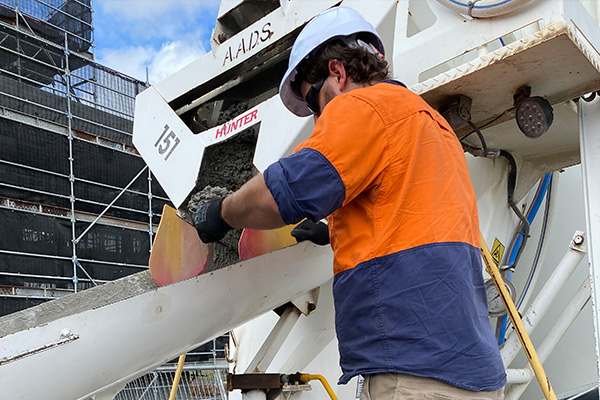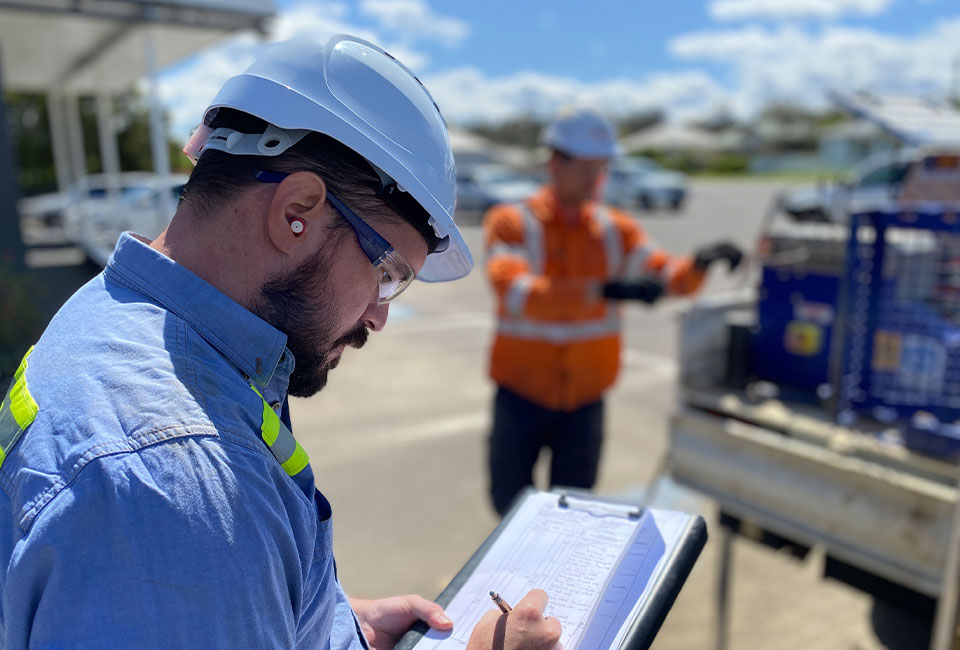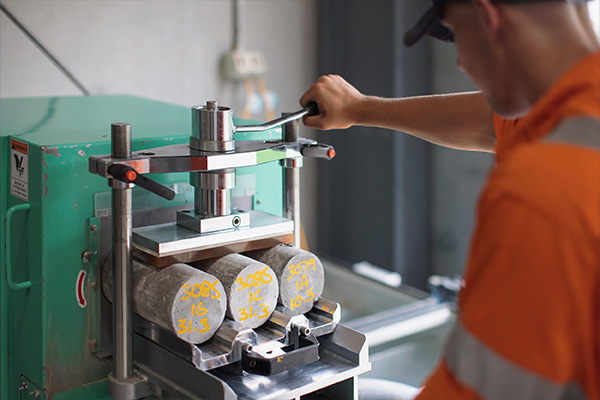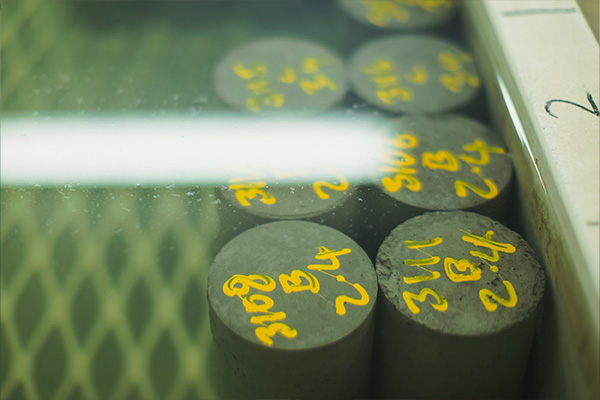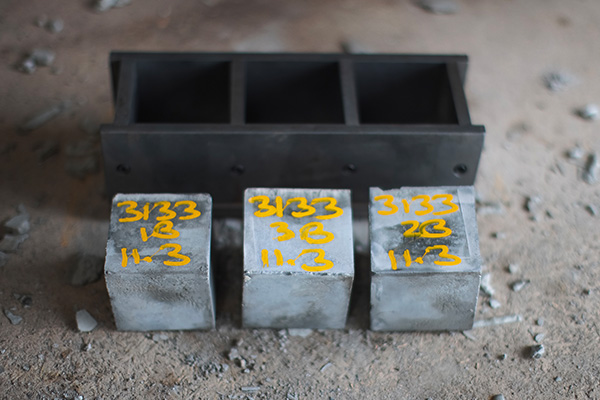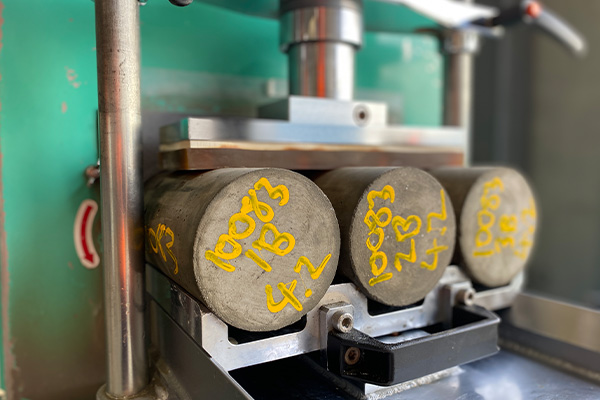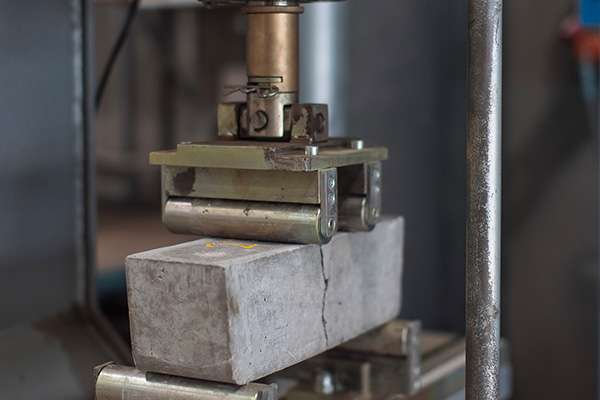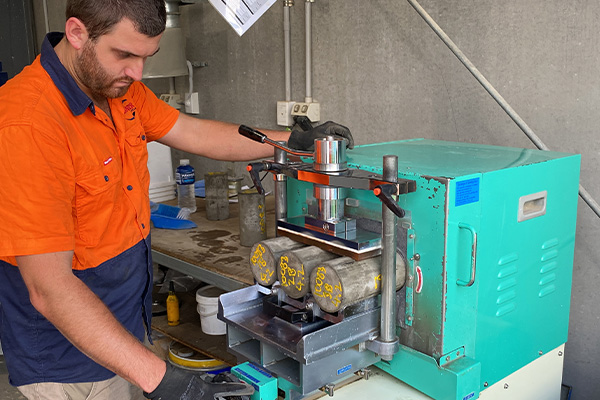Determines the difference in pH of the natural soil vs that with Hydrogen Peroxide. Used in the assessment of Acid Sulphate Soils.
Hunter Civilab specialise in concrete testing, offering a range of services and test types, as well as project compliance testing to RMS & AS specifications.
